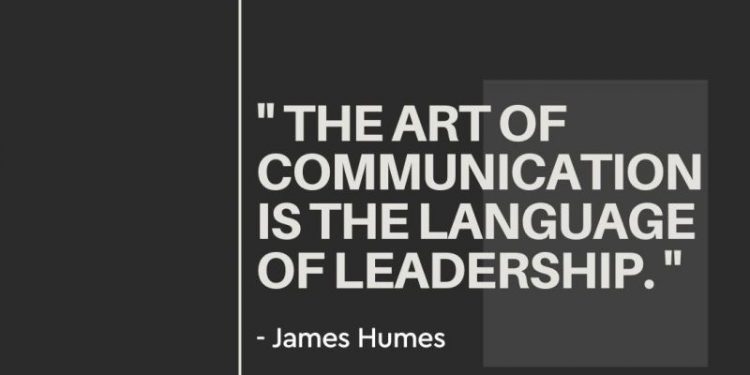According to James Humes,
“The art of communication is the language of leadership”.
Understanding verbal and non-verbal cues, active listening, and how to express oneself clearly and confidently is crucial and among the soft skills for entrepreneurial success. Effective communication allows entrepreneurs to articulate their vision, inspire their team, and build strong relationships with investors, partners, and clients. It’s Nat Turner that said, “Good communication is the bridge between confusion and clarity.”
Verbal Cues: Entrepreneurs must be clear, concise, and persuasive in their language, whether pitching ideas, negotiating deals, or leading meetings. Mastering tone, word choice, and clarity can influence outcomes and drive business success.
Non-Verbal Cues: Body language, facial expressions, and eye contact often convey more than words. Entrepreneurs who understand and control their non-verbal signals can project confidence and trustworthiness, essential traits in business dealings. In this word on s marble, Jim Rohn said, “Effective communication is 20% what you know and 80% how you feel about what you know.”.
Active Listening: Listening attentively to feedback, customer needs, and team input allows entrepreneurs to make informed decisions and foster collaboration. Active listening helps entrepreneurs understand problems deeply, leading to innovative solutions.
By combining these communication skills, entrepreneurs can build strong networks, inspire loyalty, and navigate challenges more effectively, ensuring sustained business growth and success.
Written by Nneka Osili.










